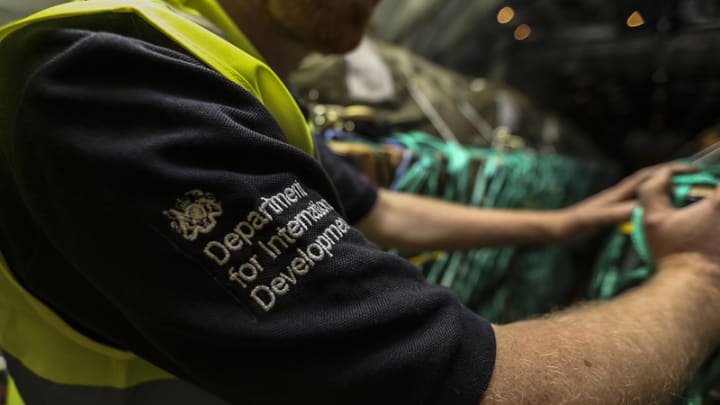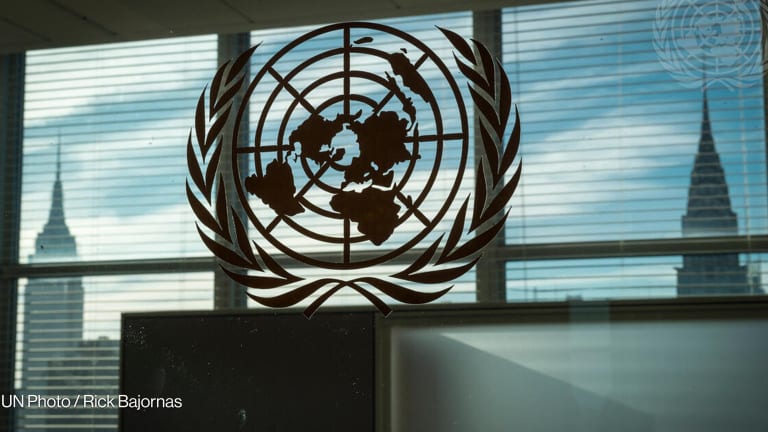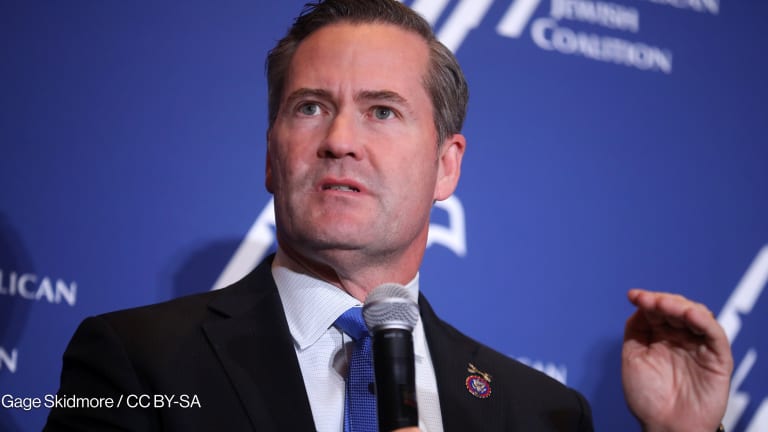
LONDON — The United Kingdom has successfully used its funding and influence to help drive improvements within the United Nations humanitarian system, but still needs to push for bolder change, according to a report published Tuesday by the U.K.’s aid watchdog.
The U.K. is a significant humanitarian donor, providing £1.4 billion ($1.8 billion) in 2017, half of which went to the U.N. The report from the Independent Commission for Aid Impact assessed Department for International Development’s efforts to improve the value and effectiveness of its humanitarian spending through U.N. agencies and funds.
While the review found that DFID has played a leading role in promoting reforms — including those agreed under the “Grand Bargain” of 2016, aimed at making the humanitarian system more effective and equitable — it also highlighted major gaps in the department’s reform agenda. It added that some actions, including introducing payment-by-results mechanisms, may be causing problems.
More from DFID:
► DFID will defend its budget, top UK civil servant tells MPs
► DFID promises 'no accounting tricks' to count CDC profits as aid
► UK counterterrorism bill could hinder humanitarian work, aid groups say
“U.N. agencies do some excellent work responding to these crises in incredibly difficult circumstances, but its humanitarian system can be unwieldy, so the U.K. is right to try to use its influence as a major donor to push for improvements,” said Alison Evans, ICAI’s chief commissioner.
“We found many examples of the U.K. being instrumental in important reforms — from improving value for money to increasing the use of cash transfers in emergencies. However, there is still much more to be done, including a greater focus on accountability to beneficiaries, better promotion of safeguarding, and more support for the U.N.’s normative functions,” she added.
Christina Bennett, head of humanitarian policy at London-based think tank the Overseas Development Institute, also praised DFID’s efforts to date but called for a bolder push to “change the business model of [the] U.N. and the role of its humanitarian agencies,” she said.
“The U.N. serves as judge, jury, and executioner,” Bennett explained. “It does its own needs assessments, funding appeals, implements the funding and then evaluates its own performance … There isn’t an independent voice in there.” The U.K. is in a good position to help the U.N. rethink its role, she added, moving toward a “new role in a humanitarian system that is more devolved, local and focused on the needs and accountability of people in country.”
In 2017, DFID made 30 percent of U.K. core funding to U.N. agencies conditional on progress toward the Grand Bargain reforms, including localizing humanitarian work. But the report described the decision as “unilateral” and warned it had alienated some other donors.
It also reported complaints from U.N. staff that DFID’s reporting and oversight requirements had increased significantly in recent years and were diverting staff from their core delivery tasks, which went against donor commitments in the Grand Bargain to streamline and harmonize reporting requirements.
ICAI recommended that DFID reassess payment by results, which it said created uncertainty and could prevent the U.N. from “using the funds flexibly, undermining the inherent benefits of core funding.” It also cited a lack of engagement in the process from other donors.
Other recommendations include stepping up its work on implementing the Grand Bargain; simplifying its reporting requirements; and reviewing its support for the U.N.’s normative role, making sure staff and funding are available for this work.
On safeguarding, it commended DFID for pushing the U.N. to implement stronger policies but said it still needs to find practical solutions to sexual abuse and exploitation in emergency settings.
A DFID spokesperson told Devex: “As ICAI rightly recognize, U.K. aid has played a vital role in supporting the U.N. to deliver life-saving assistance to those in desperate need ... The U.K. has also been clear that the U.N. must do more to deliver value for money, improve accountability and tackle exploitation ... We will continue to lobby the U.N. and other donors until we see these changes.”




